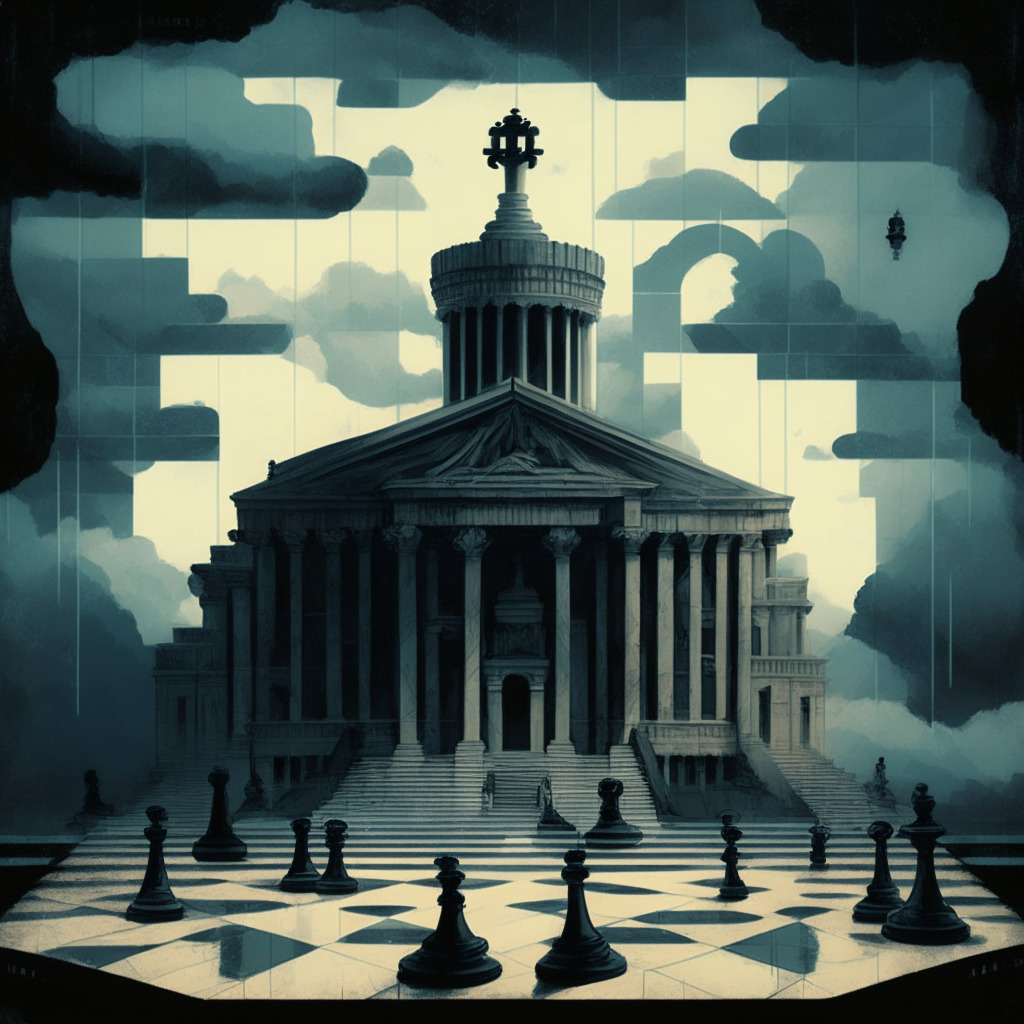In a noteworthy ruling, United States judge Jed Rakoff rejected the dismissal motion for the Terraform Labs case, at odds with a previous decision on the SEC case against Ripple. Terraform Labs, a firm officially charged by the U.S. Securities and Exchange Commission (SEC) for allegedly conducting a multi-billion dollar crypto asset securities fraud, had their dismissal request denied this week.
This development reflects an inclination toward stricter legal retributions in the crypto sphere. It also lays the foundation for an intriguing legal discourse, subtly opposing the previous decision that Ripple had not violated any securities laws due to their mode of sale. The discourse nuances of Terraform Labs’ legal representatives asserting lack of jurisdiction and disputing the SEC’s position that tokens including Mirror Protocol (MIR), Terra Classic (LUNC), and TerraUSD Classic (USTC) are securities, enhance the complexity of this enthralling legal situation.
When we explore the undercurrents of this litigation, perhaps a deeper narrative appears: the role of Congress in cryptocurrency affairs. Terraform Labs argued that Congress is intimately involved in the cryptosphere’s regulatory dynamics. Not only is there a sturdy conversation underway about crypto regulation, but Congress is also asking the SEC to halt regulatory activities until Congress acts.
Judge Rakoff, however, seemingly dismisses this argument, comparing the crypto industry to the American energy and tobacco industries—signifying that the major questions doctrine may not find relevance in this case. He also dismissed the procedural questions raised, signalling a drive to delve deeper into the legal nuances of crypto-space operations.
The judge’s anaysis of the Howey test, a central component of the SEC’s suit against Ripple Labs, makes an implicit statement, thereby challenging Ripple’s part-win. According to Rakoff, cryptocurrency tokens may be considered tokens in court arguments, and there is no requirement of a formal contract to satisfy the Howey test. The court also dismissed a distinction between coins based on their sale method.
So, why does this matter? Because it could set a precedent for future cryptocurrency regulation. Strict enforcement of securities laws could reshape the landscape, but where does that leave work-in-progress regulations? Conversely, if the ripple effect of this ruling reaches other jurisdictions, it may tip the scales in the SEC’s favor, potentially disheartening entrepreneurs in the cryptosphere. As the crypto-world holds its breath, it awaits the next legal move in this dynamic game of chess.
Source: Cointelegraph




